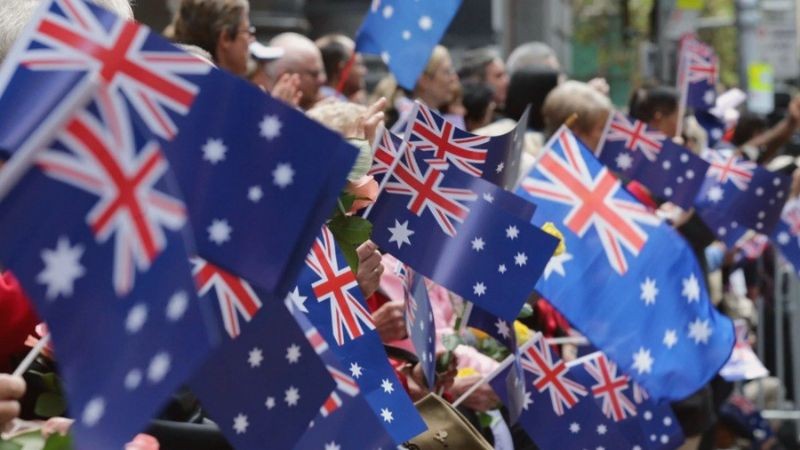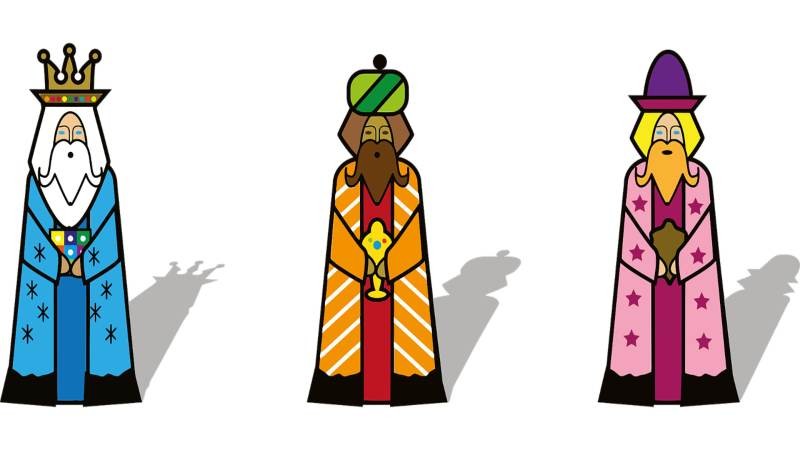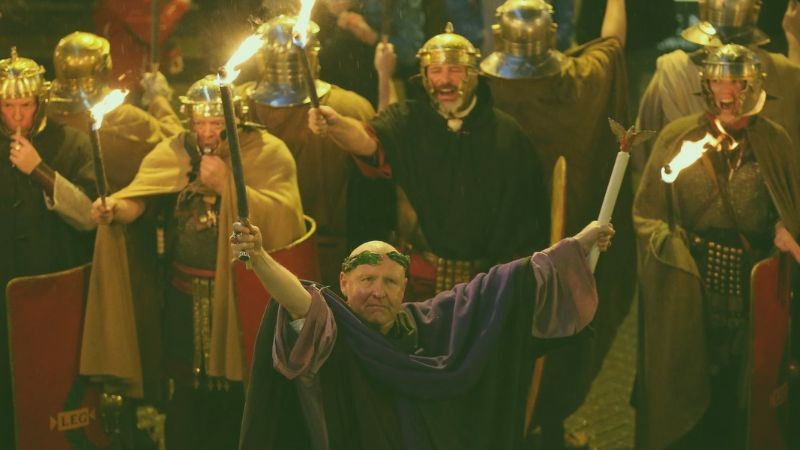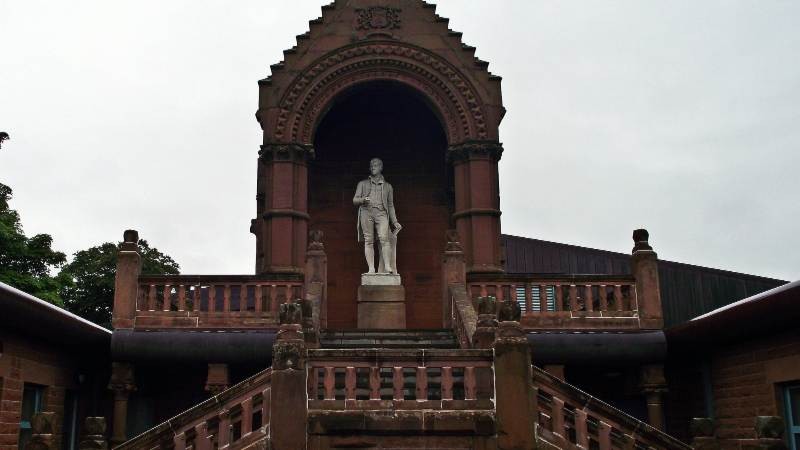
What is Australia Day?
Australia Day is a holiday in Australia, celebrated to commemorate the first permanent European settlement on the Australian Continent. On January 26, 1788, Captain Arthur Philip hoisted the British Union Flag at what we now call Sydney Cove. He led a fleet of 11 British ships and hoisted the flag to demonstrate British sovereignty upon reaching his destination. This day was later declared a national public holiday in 1988.
History and Significance of Australia Day
In 1783, the American Revolutionary War ended, and the United States gained independence. The prisons in England were occupied as Great Britain lost its American colonial territories. The British authorities used to transport their convicts to distant lands to establish penal colonies.
On January 26, 1788, the First Fleet of eleven ships with convicts arrived at Sydney Cove. The ships were under the command of Captain Arthur Phillip. Captain Arthur Phillip hoisted the British Union flag at that site to demonstrate British authority. A further 300 citizens with medical and military credentials were on the ship to establish the new British colony. The First Fleet was followed by many other fleets with a shipload of convicts, and these fleets continued to bring mainly prisoners and citizens till 1868.
In 1818, the first celebration of the formation of New South Wales and the authority over the eastern coast of Australia took place officially. The date January 26 was celebrated as Foundation Day. Many businessmen and politicians acclaimed the day with private gatherings and feasts in New South Wales.
Afterward, the day was beginning to be addressed as Anniversary Day. In 1836, the first Anniversary Regatta was run in the Sydney harbor. This Regatta, now known as Australia Day Regatta, is still held as a celebration. The first official public festivities took place in 1838 to mark the settlement's 50th anniversary, and there was a second running of the Regatta. In 1871, the day was marked as "ANA Day" by the Australian Natives Association (ANA). In 1888, celebrations and commemorative events took place around the Continent as the year marked the settlement's 100th anniversary.
On May 9, 1901, the first Parliament of Australia was established, along with the Commonwealth of Australia, by uniting the six British territories. By 1935, Australia Day was observed by all Australian states and territories, although New South Wales continued to refer to it as Anniversary Day. On the 150th anniversary (in 1938), the day was declared an official holiday and was celebrated widely. In 1946, it was decided and agreed upon by the state governments and The Commonwealth that the January 26 of every year would be Australia day, which would be celebrated in a unified manner. The holiday was observed on the closest Monday to the anniversary to prolong the weekend.
The year 1988 marks the Bicentenary of the arrival of the First Fleet. The cities celebrated the holiday with much vigor. All the jurisdictions did not celebrate Australia Day, specifically on January 26, until 1994.
Invasion Day / Mourning Day / Survival Day
For many Aboriginal people, the holiday is a time to remember a tragic loss rather than a cause for celebration. Australia Day is controversial to the Indigenous people as many Aboriginals were murdered. Many had to die due to the shortage of food and medicine or were wrongfully vanquished for territory. Indigenous people's population was estimated to have fallen by 90% throughout the 1900s. They remember the day as Invasion Day / Mourning Day / Survival Day.
The drastic increase in the population caused frequent food shortages. The territories were converted into penal colonies, and convicts arrived by the shiploads to take the place of Aboriginals.
Colonization brought many diseases to the Aboriginals. Many of the prisoners who came with the ship were sick and carrying diseases. These spread throughout and created chaos medically. Later, William Cooper, a member of the Aboriginal Progressive Association, declared this day in 1938 the "Day of Mourning." Even more, people march the streets in thousands to protest the extravagant celebrations of Australia Day.
Many Aboriginals perform Rituals dating back to their roots on Survival Day.
How is Australia Day Celebrated?
The day’s festivities include outings, barbeques, concerts, and outdoor performances, and they conclude with fireworks. Sports events, including regattas and horse races, have continued to be an essential part of the celebrations. The government celebrations such as ceremonies, awarding of Australia Day Honours, and inaugural new citizens are held officially.
For the Indigenous People, the day has been taunting. They remember their ancestors who were abolished from their settlements, including their massacre in the 19th and 20th centuries. They reflect the day as Invasion Day / Mourning Day / Survival Day.
Interesting Facts about Australia Day
- In 1938, the day was declared an official holiday.
- In 1994, the date of Australia Day was fixed as January 26 of each year.
- Only New South Wales celebrated this day at first.
- It was known by many names, like First Landing Day, Anniversary Day, and Foundation Day.
- The Aboriginals call it Invasion Day, as many Indigenous Australians had to suffer as a result of the colonization.
- William Cooper of the Aboriginal Progressive Association named it Day of Mourning in 1938.
- The first Survival Day concert took place in Sydney in 1992.
Australia Day Quotes
"A real Australian is someone who knows where they really, really come from." - Bart Willoughby, Aboriginal musician
"We have to have a date that’s more inclusive than January 26, which is the date that’s chosen as the landing of the First Fleet at Sydney Cove. To most Indigenous Australians, it really reflects the day on which our world came crashing down.” - Mick Dodson
"God bless America. God save the Queen. God defend New Zealand and thank Christ for Australia.” - Russell Crowe
Conclusion
Australia Day is a bittersweet day as it is both a cause for celebration and, at the same time, a cause for mourning. So now that you have a better understanding of the day and its history, I hope you'll be able to celebrate or mourn it accordingly.
FAQ
1. What is Australia Day celebrated for?
Australia Day is celebrated to commemorate the fallen on January 26, 1788.
2. What happened on January 26, 1788?
Australia was officially founded on January 26, 1788, when Captain Arthur Phillip led a fleet of 11 British ships transporting prisoners to the colony of New South Wales. For many Aboriginal people, the holiday is a time to remember a tragic loss rather than a cause for celebration.
Australia Day Observances
| Year | Weekday | Date | Name | Holiday Type |
|---|---|---|---|---|
| 2023 | Thu | 26 Jan | Australia Day | Public |
| 2024 | Fri | 26 Jan | Australia Day | Public |
| 2025 | Sun | 26 Jan | Australia Day | Public |
| 2026 | Mon | 26 Jan | Australia Day | Public |
| 2027 | Tue | 26 Jan | Australia Day | Public |
We constantly update the dates of holidays that keep changing every year. However, while we revise and change some dates to be accurate, if you find any errors, kindly inform us . That will mean a lot to us.



